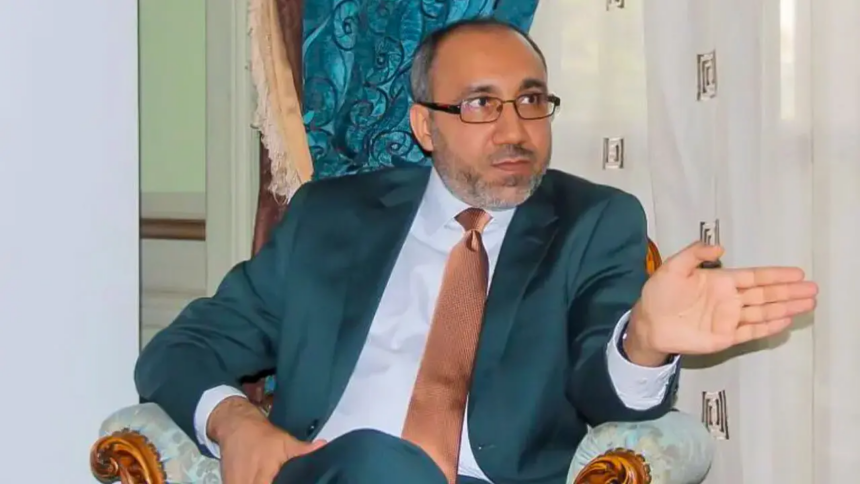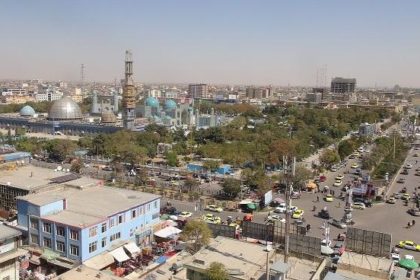RASC News Agency: Mohammad Moheq, a respected religious scholar and former Afghanistani ambassador to Egypt, has issued a grave warning regarding the Taliban’s current education strategy. In his recent remarks, Mohaq criticized the regime’s systematic expansion of Madrasas across Afghanistan, warning that such a narrow religious approach may entrench ideological rigidity, marginalize intellectual diversity, and push the country into long-term crises of development, governance, and identity. Moheq stressed that while religious education has a place in Afghanistani society, the Taliban’s exclusive focus on sectarian Madrasas to the detriment of scientific, technical, and liberal learning risks severely narrowing the intellectual landscape.
“By promoting only one religious interpretation and sidelining other theological traditions,” he said, “the Taliban are effectively suppressing pluralism and sowing the seeds of future sectarian conflict.” He further argued that this religious monoculture could suffocate the already fragile social fabric of Afghanistan, a nation historically shaped by its ethnic and doctrinal diversity. The Taliban’s strategy, Moheq warned, does not reflect a vision for national unity or inclusive development, but rather a consolidation of ideological power. Moheq emphasized that a deeper and more insidious threat lies ahead: a crisis of expertise. In a country struggling to rebuild after decades of war, Moheq argued that Afghanistan cannot afford to turn away from modern education. The absence of investment in sciences, engineering, medicine, and vocational training, he said, will further entrench economic stagnation and social immobility.
“Afghanistan does not need an army of clerics,” he cautioned, “it needs engineers to build its bridges, doctors to heal its people, and teachers to educate its future. The Taliban are building seminaries, but they are demolishing the future.” According to Moheq, the Taliban’s educational policy rooted in a narrow theological worldview will inevitably increase youth unemployment, exacerbate poverty, and deepen the social inequalities that already afflict much of the population. Experts and civil society observers share similar concerns. Many fear that the rapid construction of Taliban-run religious schools is not simply an effort to educate, but a strategic move to indoctrinate. Reports indicate that the curriculum in many of these institutions promotes ideological absolutism and glorifies martyrdom, contributing to the radicalization of youth.
“These are not centers of critical learning,” noted one Kabul-based education analyst, speaking anonymously due to security concerns. “They are echo chambers of a single political theology hostile to democratic values, gender equality, and scientific progress.” Taliban authorities have repeatedly justified their Madrasa initiative on religious grounds. However, critics argue that the group’s interpretation of Islam is deeply politicized, designed more to entrench their power than to genuinely foster spiritual or moral development. In response, international education experts and human rights advocates are urging a comprehensive reassessment of the Taliban’s educational agenda. Several NGOs working in Afghanistan have called on the global community to support independent learning centers, underground schools, and alternative education platforms that promote inclusivity, critical thinking, and academic freedom.
“Afghanistan’s future depends on the minds it nurtures today,” said one senior education official with a UN partner organization. “The Taliban’s current trajectory risks turning a generation of youth into pawns of dogma, rather than agents of progress.” As Afghanistan teeters on the edge of further isolation under Taliban rule, many analysts warn that an ideologically rigid education system may prove as damaging as any military or economic crisis. Unless the regime broadens its approach and integrates modern, inclusive, and pluralistic education, the nation’s long-term stability will remain in peril.






